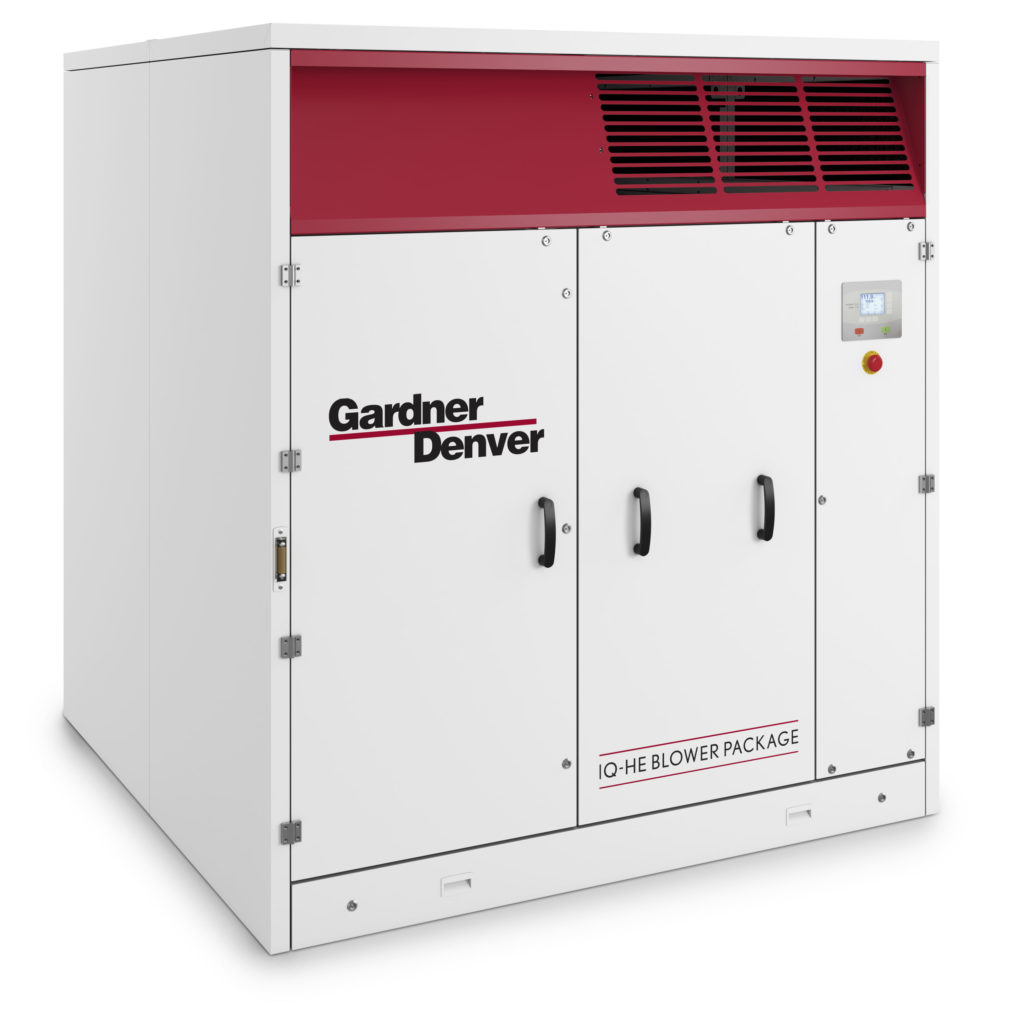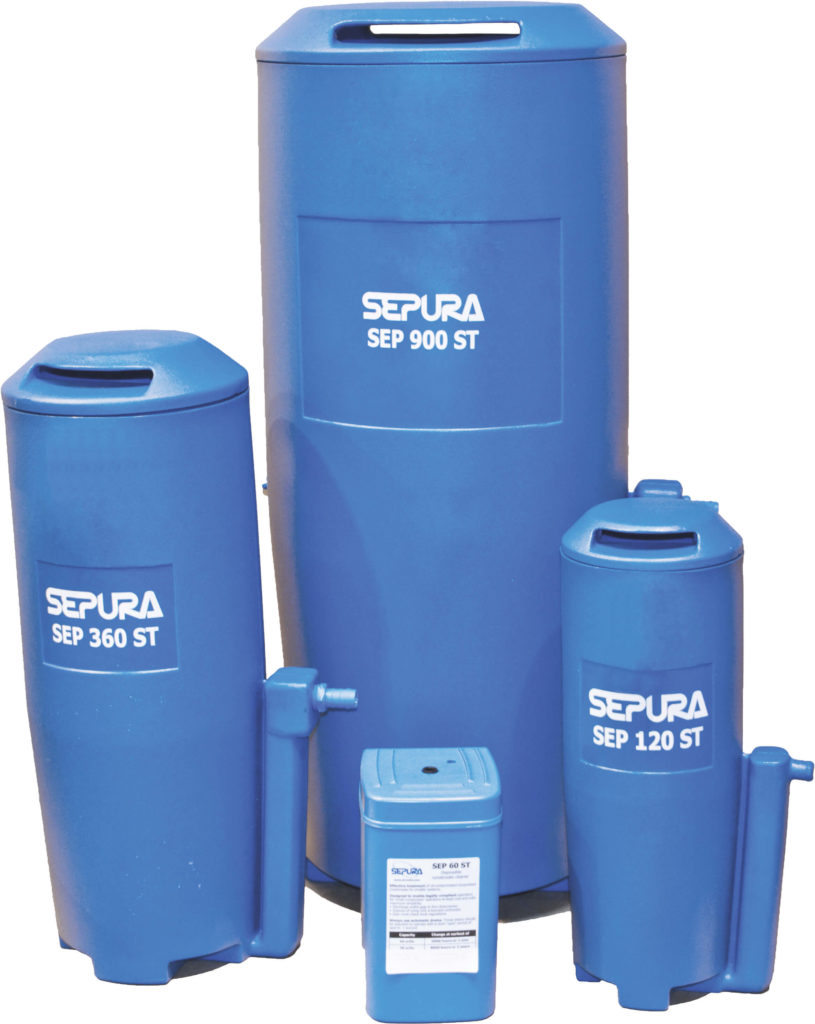Today’s businesses are being held to a higher standard of environmental responsibility, and that includes their compressed air practices. Pressure from the public, competitors and government bodies may be leading you to question how to improve energy efficiency, reduce waste and make your operation eco-friendly. There are several areas in compressed air and vacuum systems where changes can make a significant impact on the environment. In fact, these “green” compressed air initiatives may be able to reduce operating costs for you as well.
Addressing Electrical Usage and Power Consumption
- Audit, Audit, Audit
We can’t stress this enough. Professional air audits and energy audits can help your business identify leaks and improperly designed control systems, which can be a huge waste of energy. According to the Compressed Air & Gas Institute, poorly designed and maintained air systems waste approximately $3.2 billion in energy costs every year. After addressing the issues found in an audit, it’s not uncommon for a facility to be able to shut down an entire compressor.
- Replace Old, Outdated Equipment
Old electric motors, worn out compressor rotors and leaking lines can all negatively affect your environmental impact. Fortunately, since compressed air manufacturers are also being pushed to make equipment environmentally friendly, new equipment may allow you to meet the same demand while reducing energy consumption, emissions and operating costs. Replacing older positive displacement blower packages, for instance, with new high-efficiency packages instead of just replacing the bare blower can have a major impact on energy consumption. Many new products, such as Gardner Denver’s IQ-HE and IQ-RB packages are ahead of the curve when it comes to energy efficiency. The IQ package has the ability to save up to 30% on energy consumption.

Oil-Free Compressors
Not every application allows for an oil-free compressor, but for those that do, this can be a fantastic opportunity to make your system more environmentally friendly. Oil-free compressors produce the purest form of air available and create significantly less waste than oil-powered compressors. Not having oil in the compressor means you can’t send it back out into the environment. By getting rid of these harmful emissions, you can provide a healthier work environment for your employees. Plus, you don’t have to filter oil out, pay for disposal or buy it as a maintenance item.
Cleaning Up Compressed Air Condensate
An oil-powered compressed air system produces thousands of gallons of oil laden condensate a year. This contaminated condensate has not always been disposed of properly because it can be costly to collect, store and haul away. Oil water separators capture and treat condensate, reducing your environmental impact and resulting in tremendous cost savings. The majority of the condensate can then be discharged safely and the small remainder of trapped oil is much easier to dispose of properly. For example, the Sepura STERLING from nano Purification Solutions uses non-carbon based, 100% recycled media to actively absorb oil while repelling water. The result is clean condensate that can be disposed of safely, inexpensively and in compliance with environmental regulations.

Creating a Plan for Your Facility
When eco-friendly compressed air initiatives result in cost savings, lower energy consumption and healthier work environments, everybody wins. Lewis Systems can be your partner in taking a more intelligent and environmentally friendly approach to compressed air and vacuum. Contact us to discuss your options.


